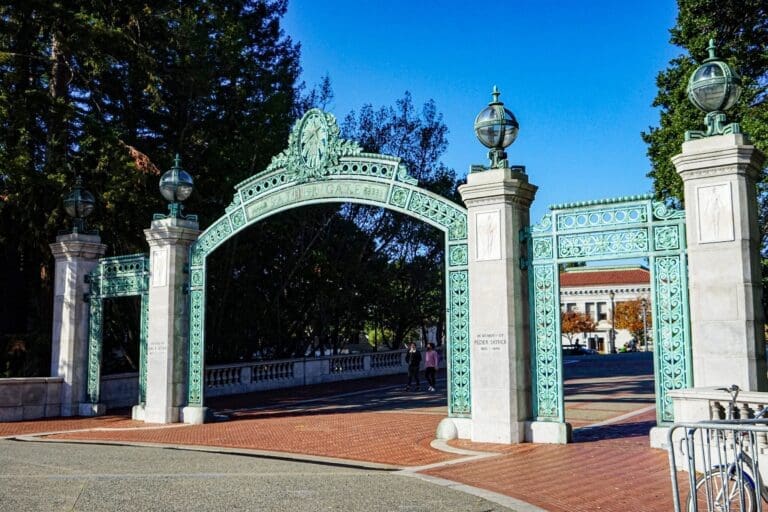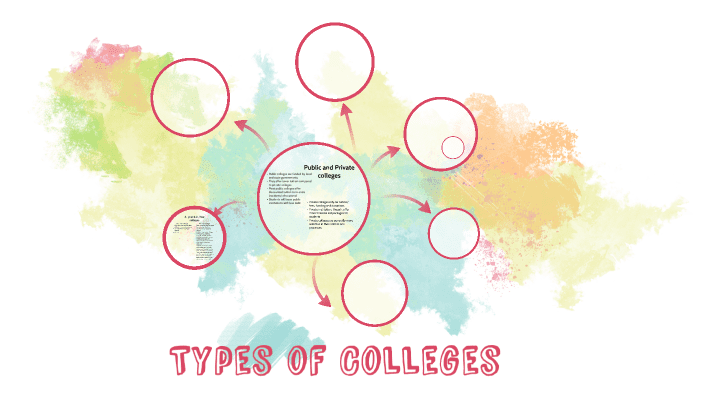
‘
The Open Curriculum’
Should you opt for one?
As a follow-up to my previous blog on ‘What do you study at US colleges?’, I thought diving into some of the aspects mentioned would be worthwhile. I hope this blog will help you make your college search and shortlisting process smarter and easier, especially regarding some of the rather rare curricula offered by US universities.
When I first started understanding the US education system, I was enthralled by the unique curricula each university offered. In particular, the Open Curriculum caught my attention as it encouraged students to dive into the subjects of their choice directly.
Let’s understand what kind of student is likely to make the most of an Open Curriculum –
-
If you aren’t keen on taking Core courses, as you want to engage in courses that you are interested in or those that align with your future goals
-
If you want the complete freedom to explore various courses until you settle on a major/s
-
If you would appreciate early guidance on how you can best prepare for the future you envision for yourself
-
If you identify as an interdisciplinary learner who loves to delve into many subjects at once
A common misconception about the Open Curriculum is that you don’t need to major/concentrate on a specific subject. This is untrue. You will need to declare a major or concentration in your second year, and you need to fulfill this requirement to graduate from college.
Read More: US and UK Find the Right Job
In this blog, I would like to explore four of the universities that offer an Open Curriculum –
1. Brown University
Brown’s famously known Open Curriculum allows students to generously explore the flexibility of this curriculum. While expected to complete concentration requirements, Brown allows you to ditch the traditional letter grades as you can opt for courses for satisfactory/no credit. However, remember that at Brown, you would also need to be comfortable with mapping your own syllabus and academic/research path. You can explore courses according to the ‘academic divisions’ they belong to or simply ‘your interests.’ These cover 80 concentrations that the university offers.
2. Vassar College
A small private college in New York, Vassar, too, boasts of an Open Curriculum in that way of not offer a Core or distribution requirements. The ‘open’ ethos demonstrated by its curriculum is also seen through their “Your Space” section in the application for incoming freshmen, encouraging students to share something they haven’t had a chance to. The Career Development Office maintains an incredible alum network (pssst. Meryl Streep and Anne Hathaway are alums), which can be a great resource for curating your niche.
3. Amherst College
Amherst, a hidden Ivy, does not offer a core curriculum, but undergrads are expected to complete one first-year seminar and their major-specific requirements. The academic path, otherwise, is yours to craft. If you don’t wish to choose a specific academic area as a major, you can pursue the Independent Scholar Program, where you can set out to create an individualized program of study under the guidance of a tutor, which a committee must then approve.
Additionally, the academic flexibility offered encourages students to take up two majors, sometimes three! The lack of a core curriculum also means that students can undertake research starting their first semester, which is rare.
4. Wake Forest University
This ‘relatively large’ liberal arts university in Winston-Salem, North Carolina, boasts its beautiful on-campus magnolias and cherry trees. Interestingly, Wake Forest (or ‘Work Forest’ as some students like to call it) does not offer an Open Curriculum to all of its students. It does so for a select few that a committee nominates. These students get to have more freedom in terms of selecting their academic courses, along with fulfilling limited general education curriculum requirements.
Some of the other colleges that offer an Open Curriculum are Hampshire College, Wesleyan University, Hamilton College, Grinnell College, and Smith College.
A word of advice:
While the flexibility offered by a college or university that offers an Open Curriculum may differ, you must understand how your undergraduate years will pan out when you opt for one. While it may allow more room to explore a variety of courses, it also means that you need to provide more structure to the academic route you take. These are the key points I would recommend you think about when you need to choose between a college offering an Open Curriculum and one that does not.
If you haven’t already, I wish you luck with making a college choice.
Working with study abroad consultants, overseas education consultants, or, as more commonly known, college counselors, can help you plan ahead and help you make the right choice for colleges. Ivy Central offers exceptional focus to help you prepare for college admissions throughout the high-schooling years. Start today!






